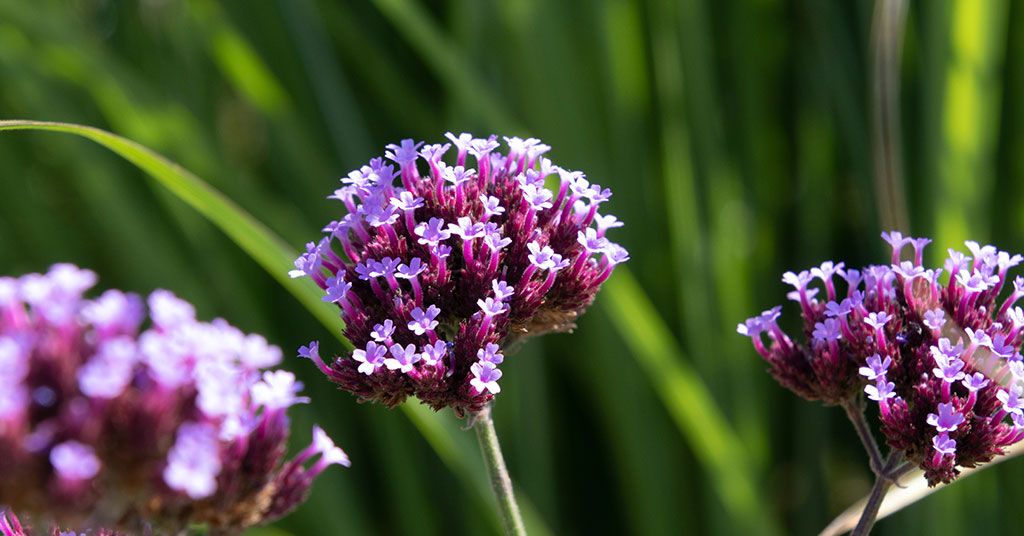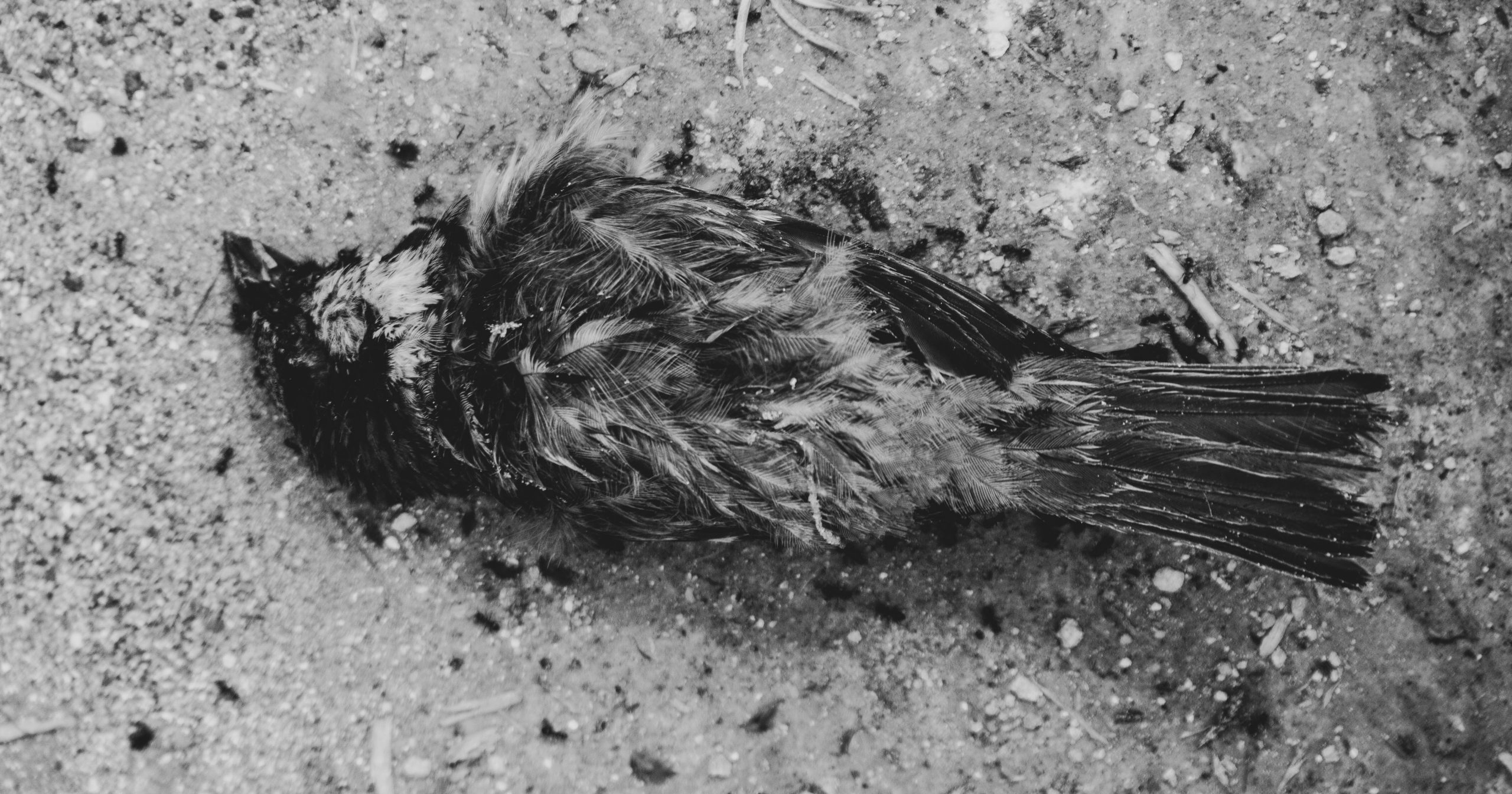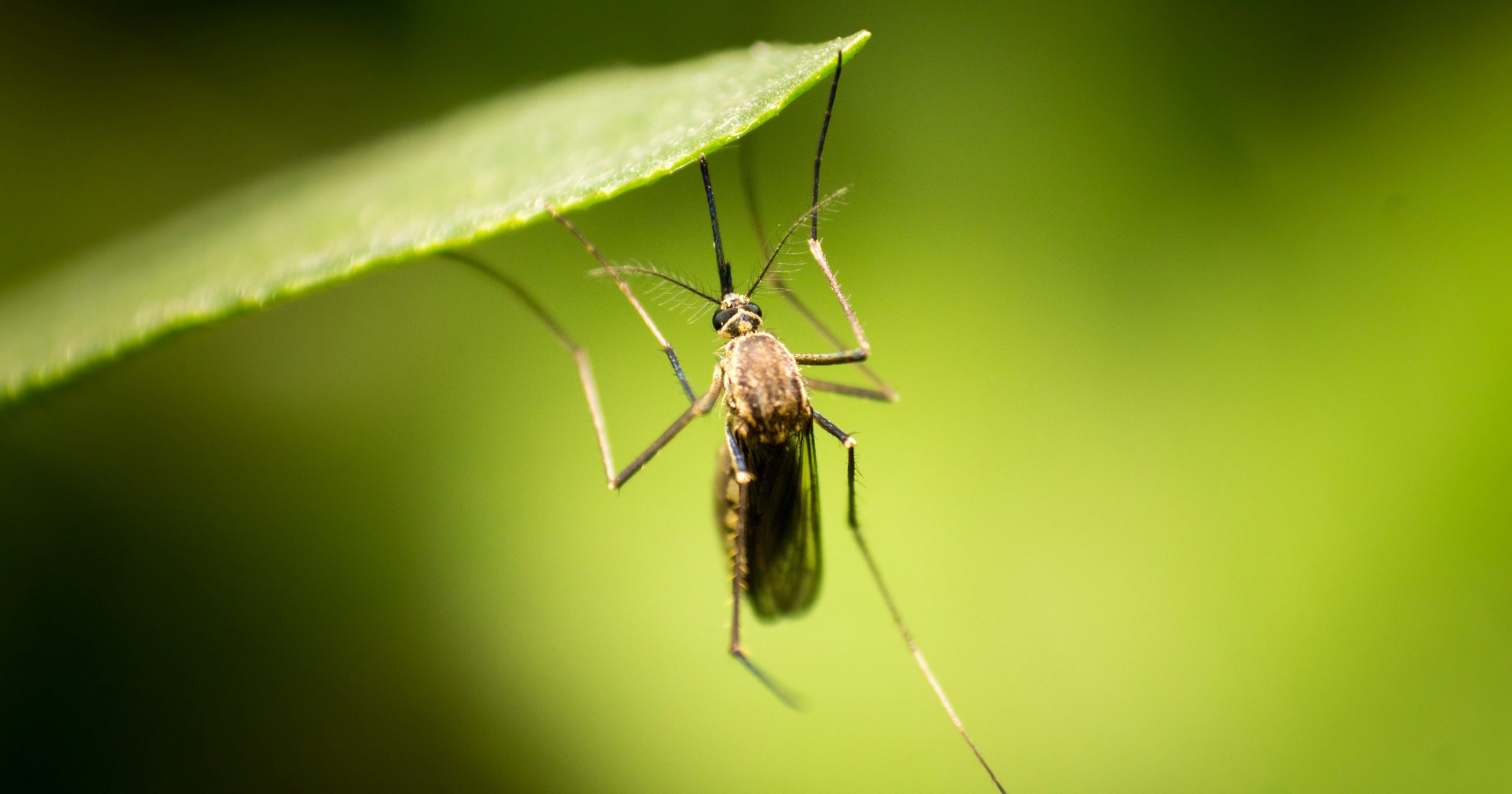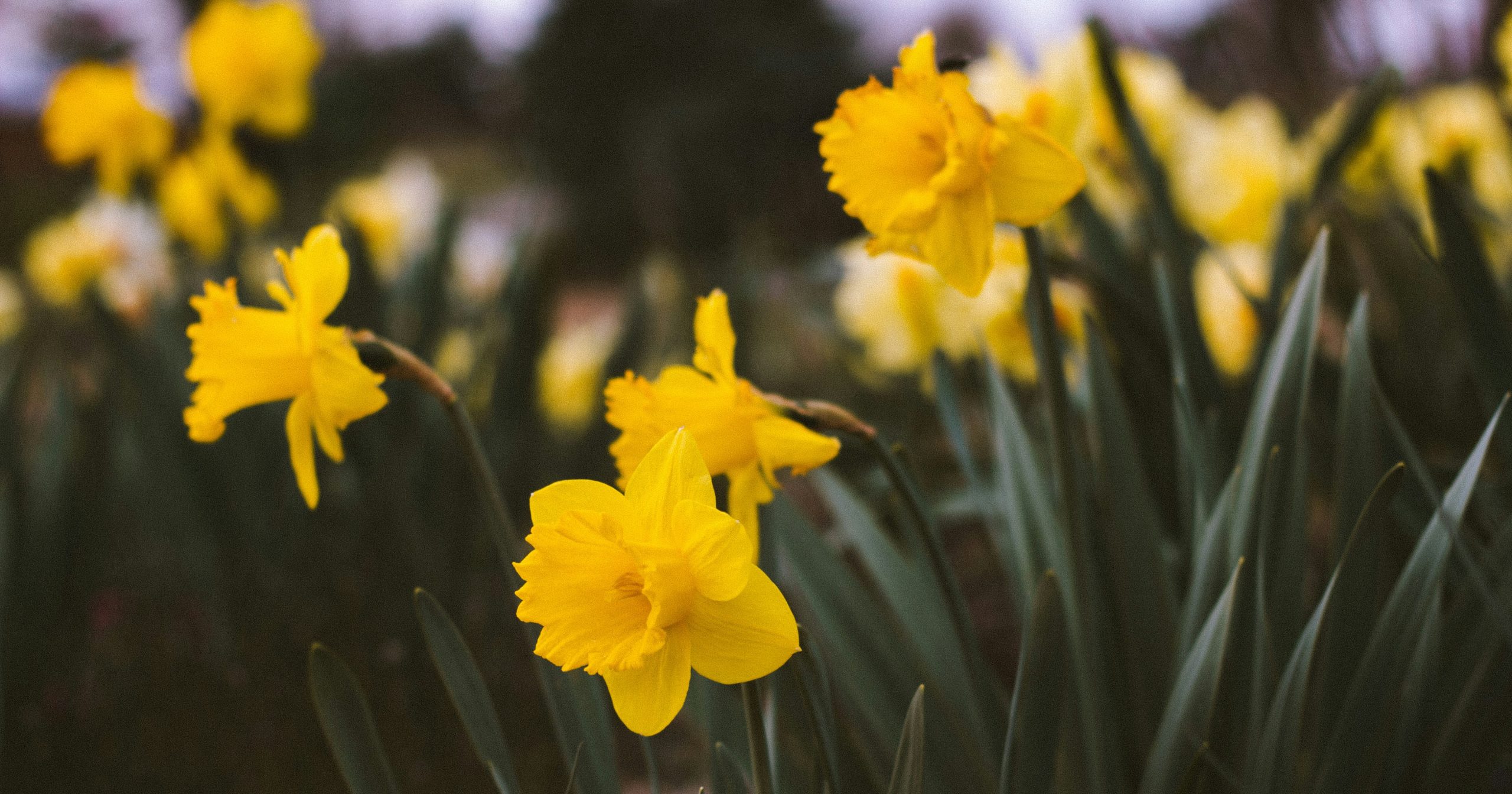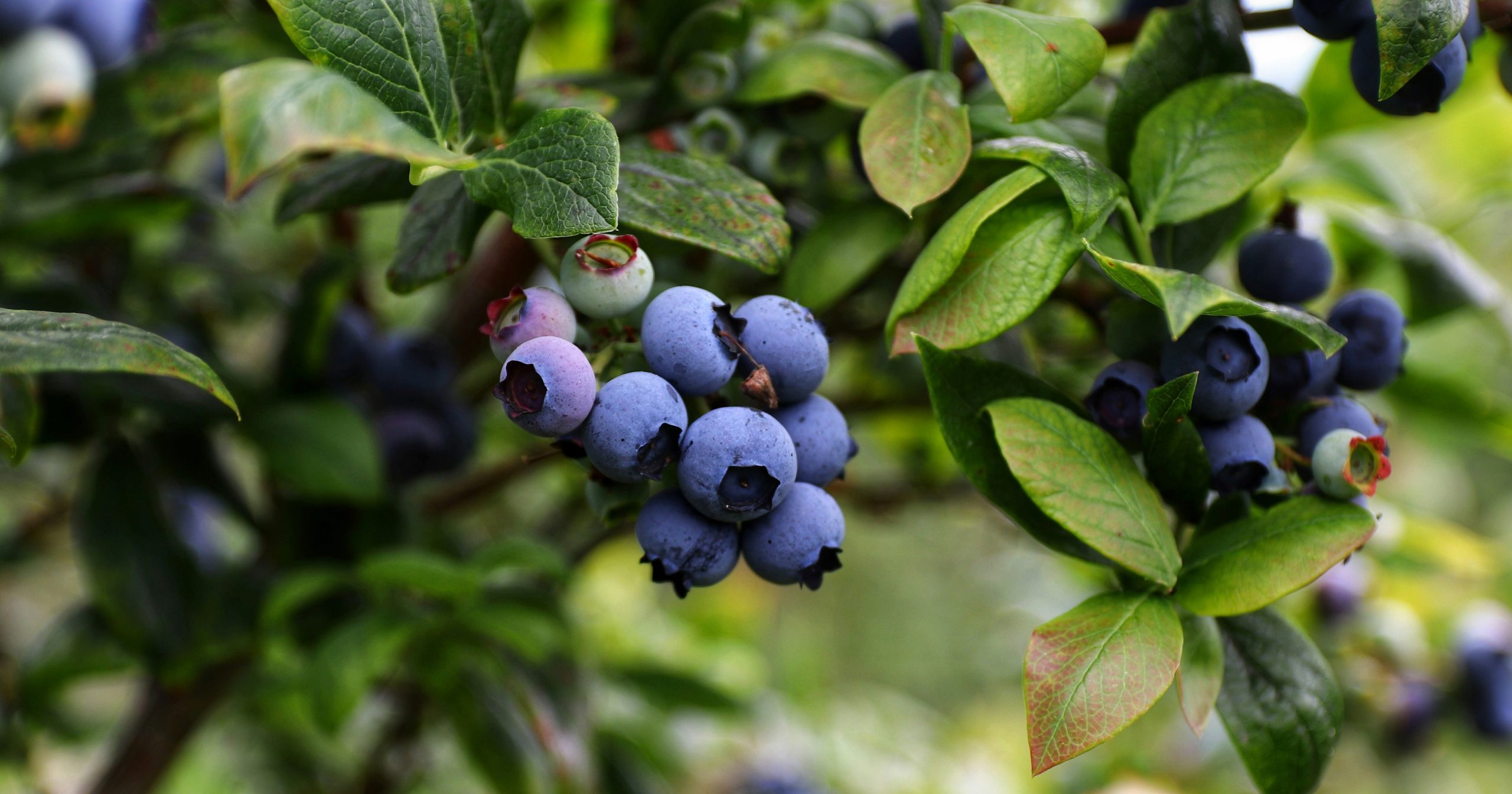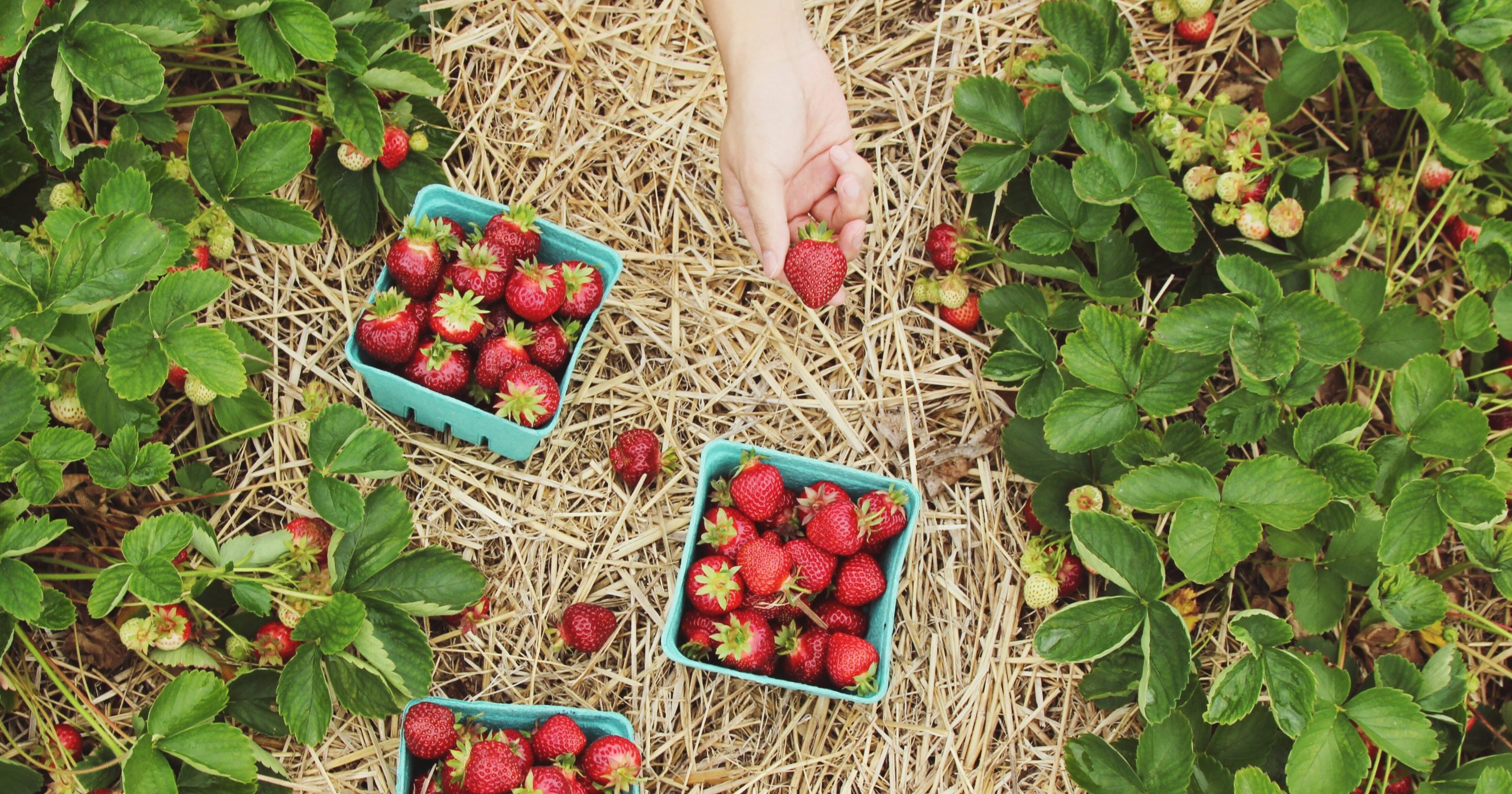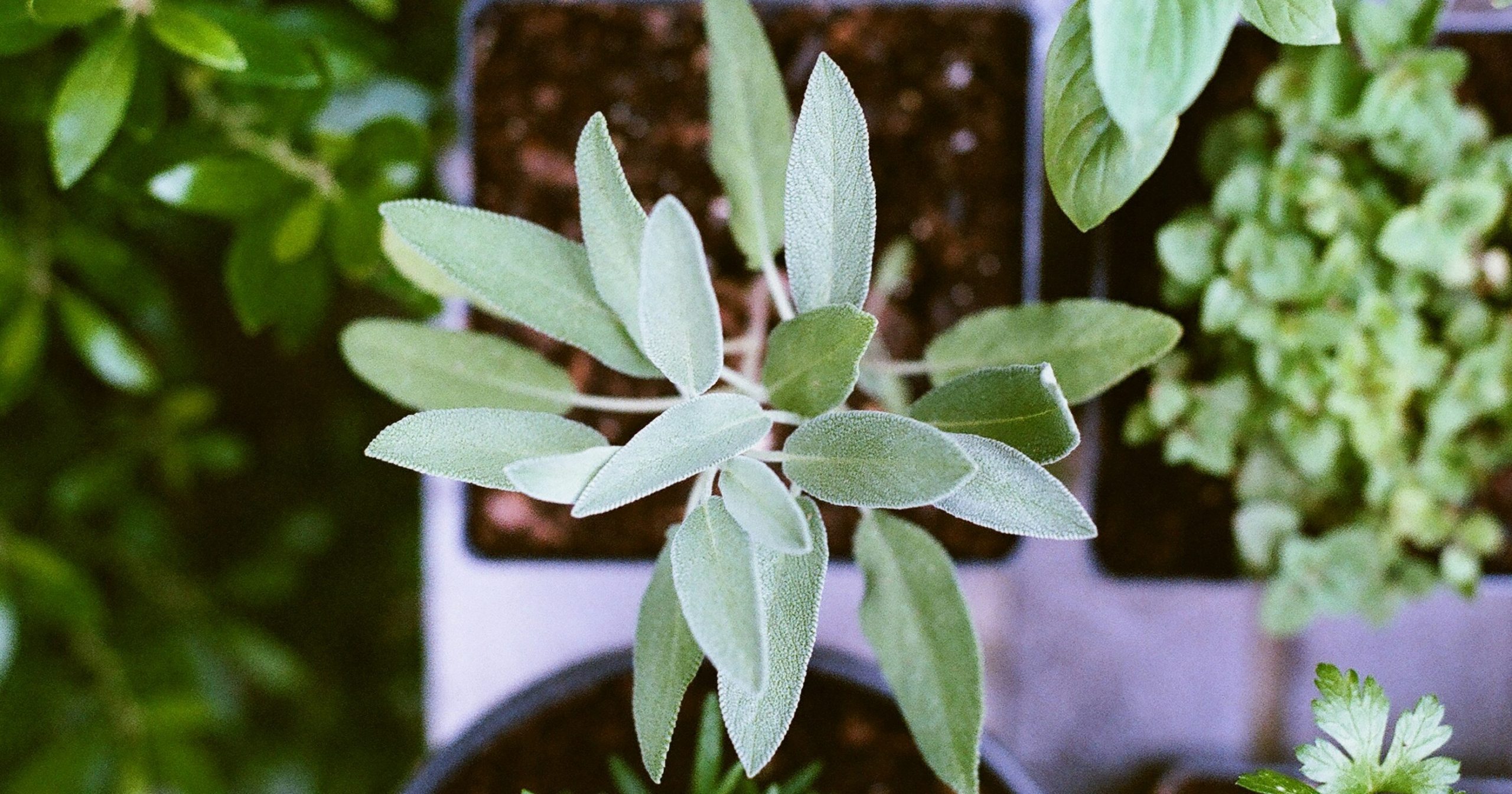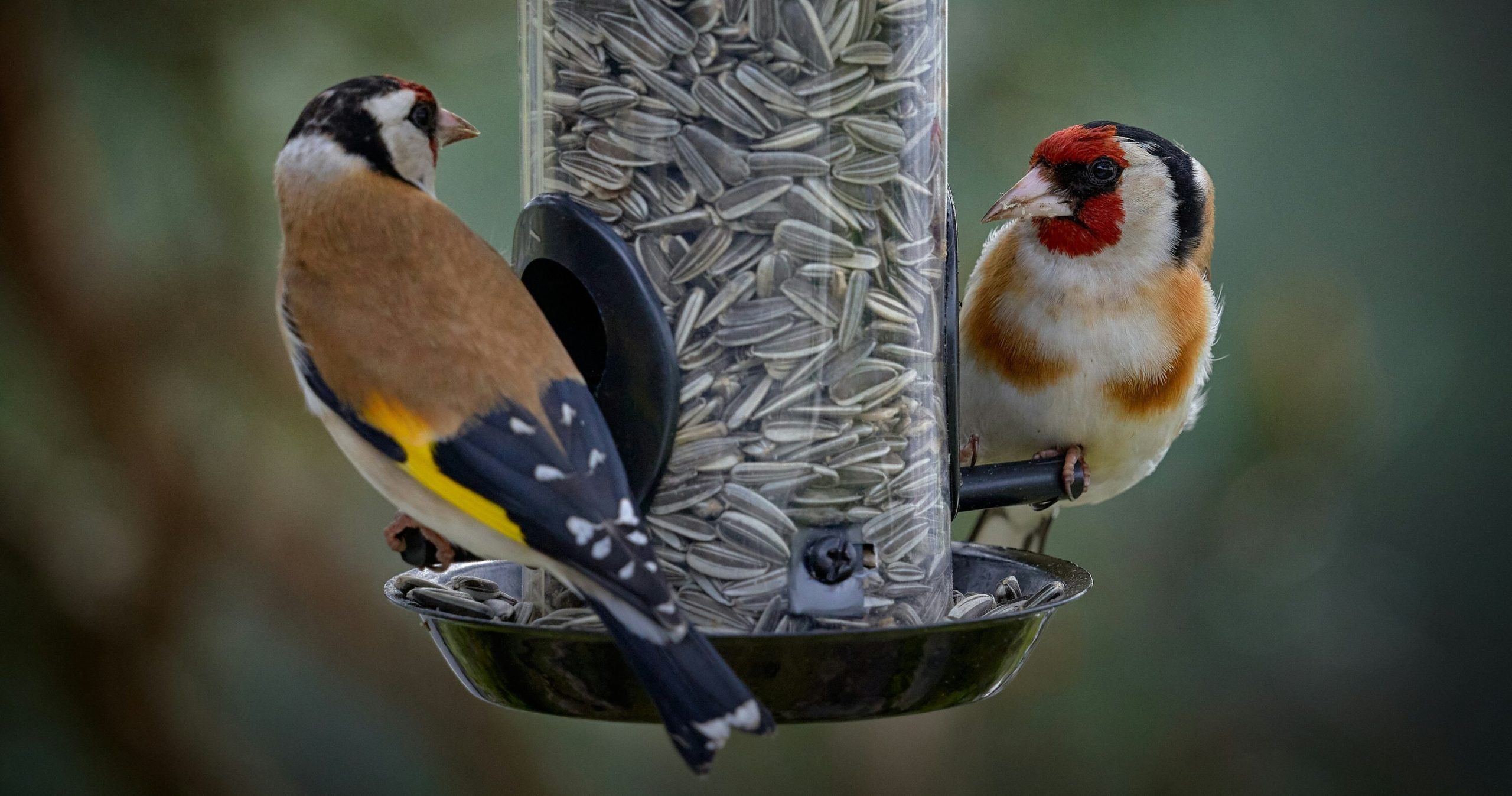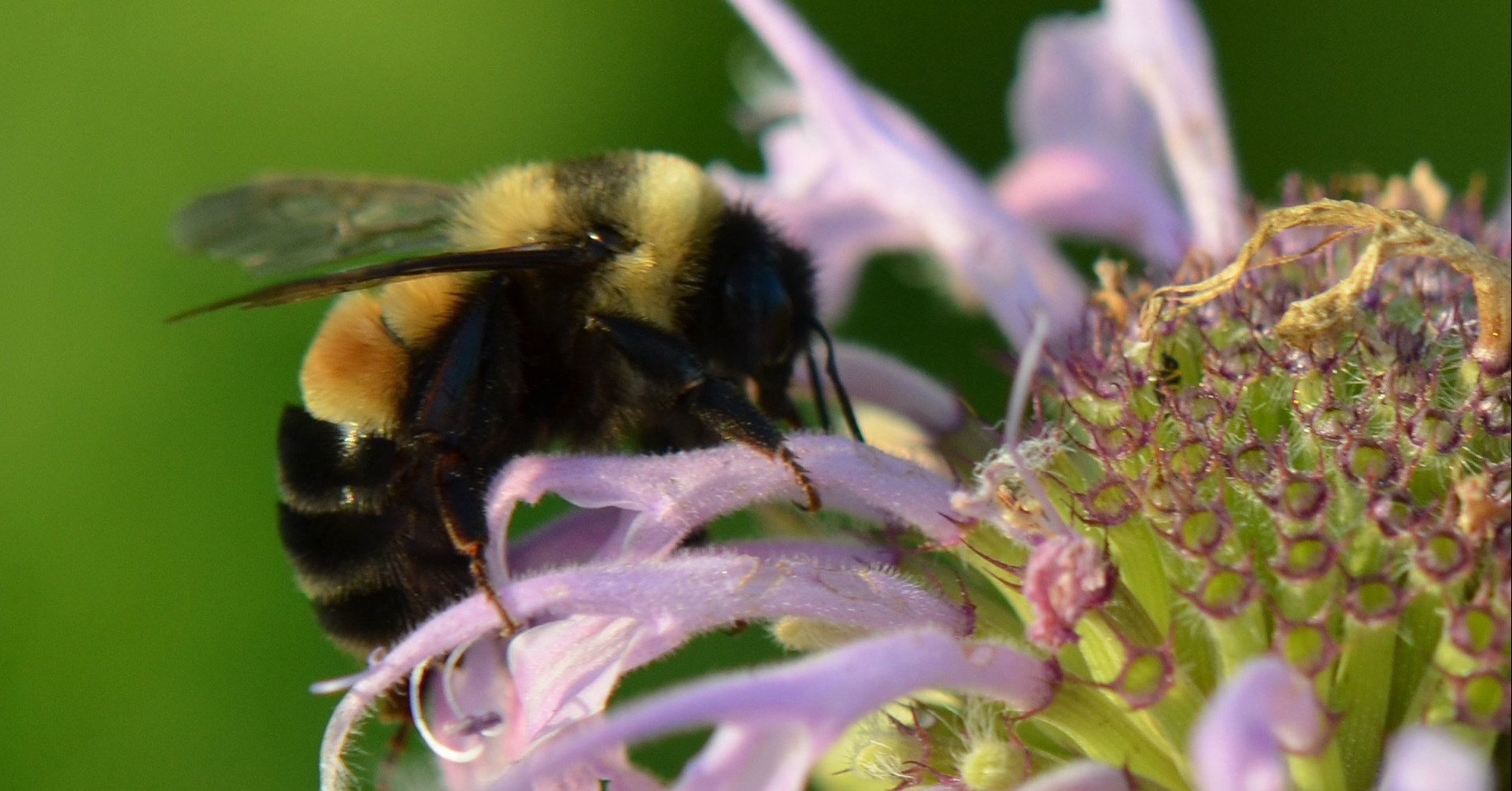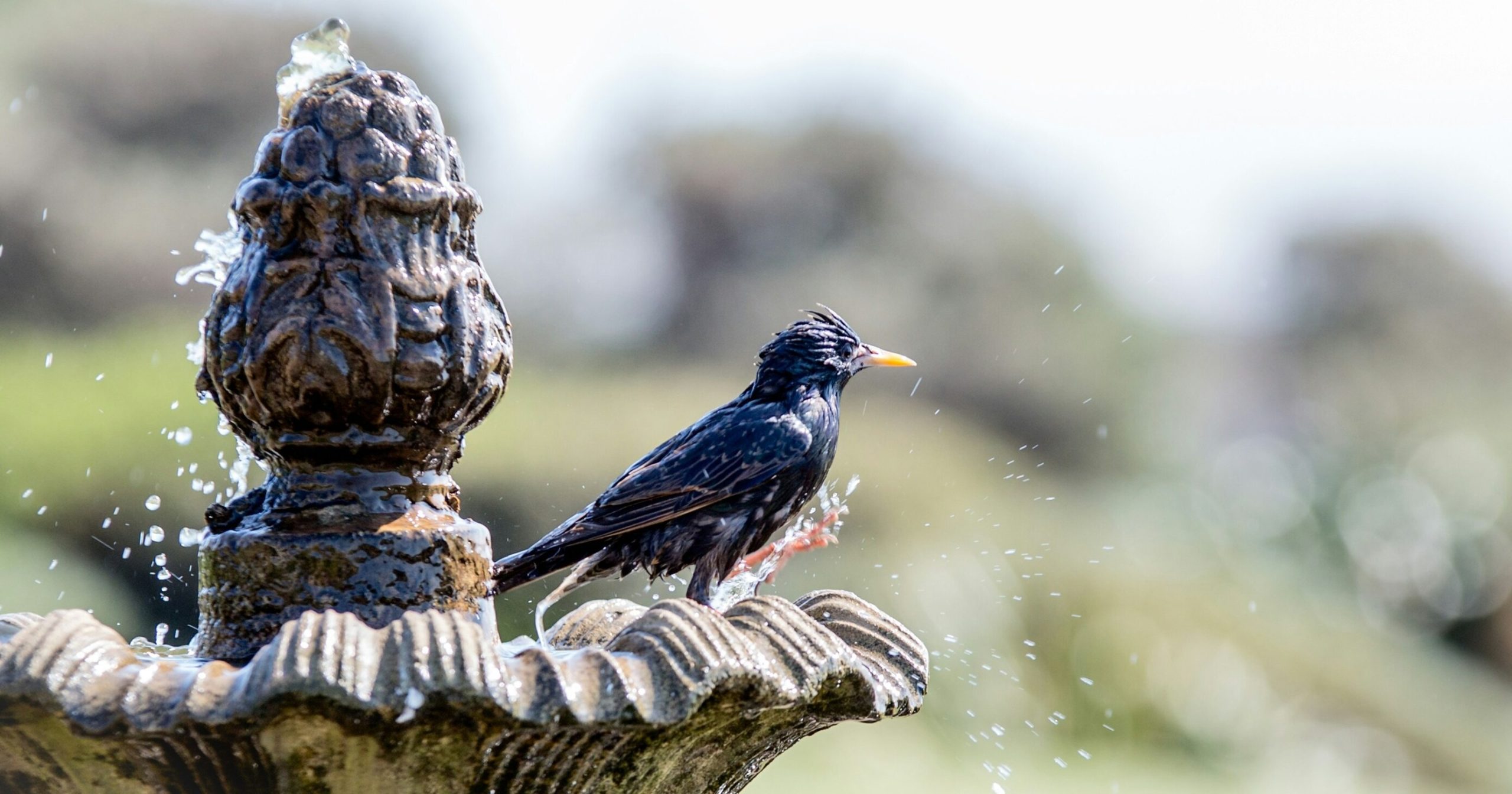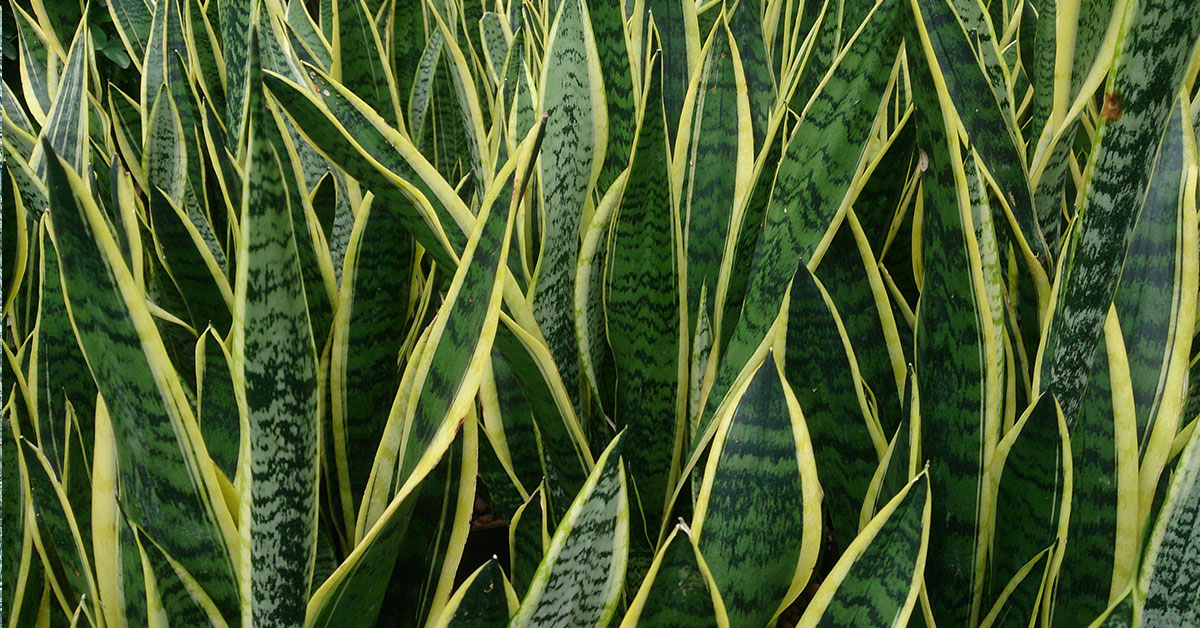Verbena, with its vibrant and abundant blooms, is a popular choice among gardeners looking to add a splash of color to their outdoor spaces. To ensure that this versatile and hardy plant thrives to its fullest potential, choosing the right fertilizer is crucial. With a plethora of options available, it can be overwhelming to determine which fertilizer is best suited for verbena.
In this article, we will explore the various factors to consider when selecting a fertilizer for verbena, including nutrient requirements, soil conditions, and the different types of fertilizers available. By understanding these key aspects, you will be equipped with the knowledge to make an informed decision and provide your verbena plants with the optimal nourishment they need to flourish and bloom magnificently.
Do Verbena need to be fertilized?
Verbena plants benefit from regular fertilization for optimal growth. Fertilizing Verbena plants provides them with essential nutrients that promote healthy foliage, abundant blooms, and overall vigor. A balanced fertilizer with a ratio of nitrogen (N), phosphorus (P), and potassium (K) such as a 10-10-10 or 14-14-14 is suitable for Verbena plants. It is recommended to fertilize Verbena plants every 4-6 weeks during the growing season, following the instructions on the fertilizer package. Additionally, incorporating organic matter into the soil before planting can also provide nutrients and improve soil fertility for Verbena plants.
The best fertilizer for Verbena
For growing Verbena, a balanced fertilizer with equal amounts of nitrogen (N), phosphorus (P), and potassium (K) is recommended. Look for a fertilizer with an NPK ratio of 10-10-10 or 20-20-20. This balanced ratio will provide the necessary nutrients for healthy growth and flowering.
Additionally, it’s beneficial to choose a slow-release or controlled-release fertilizer. This type of fertilizer releases nutrients gradually over time, providing a steady supply of nutrients to the plant. This is especially important for Verbena, as it is a long-flowering plant that requires continuous feeding throughout the growing season.
Remember to follow the instructions on the fertilizer packaging for proper application rates and frequency. Over-fertilizing can lead to nutrient burn and damage to the plant, so it’s important to apply the fertilizer as directed.
When to fertilize Verbena
The ideal time to fertilize Verbena plants is in early spring, just as new growth begins to emerge. This will provide the plants with the necessary nutrients to support healthy growth and abundant flowering throughout the growing season. It is important to avoid fertilizing Verbena plants during hot summer months, as excessive fertilizer can lead to lush foliage growth at the expense of flowers. Regularly feeding the plants with a balanced, slow-release fertilizer every 4-6 weeks during the growing season will help maintain their vigor and promote continuous blooming.
Common issues with fertilizing Verbena
When fertilizing Verbena, there are a few common issues or problems that can arise:
- Over-fertilization: Applying too much fertilizer can lead to excessive growth, weak stems, and increased susceptibility to diseases and pests. It can also result in reduced flowering and overall plant health. It is important to follow the recommended dosage and frequency of application mentioned on the fertilizer packaging.
- Under-fertilization: Insufficient fertilization can cause slow growth, pale or yellowing leaves, and reduced flowering. If the plant is not receiving enough nutrients, it may be necessary to adjust the fertilizer application or switch to a more suitable fertilizer blend.
- Imbalanced nutrient levels: Different fertilizers contain varying ratios of nutrients, such as nitrogen (N), phosphorus (P), and potassium (K). An imbalance in these nutrients can affect the plant’s growth and development. For example, excessive nitrogen can promote leafy growth at the expense of flowering. It is important to choose a fertilizer with a balanced NPK ratio suitable for Verbena or adjust the nutrient levels accordingly.
- Incorrect timing of fertilization: Timing is crucial when fertilizing Verbena. Applying fertilizer too early or too late in the growing season can impact the plant’s growth and flowering. It is generally recommended to fertilize Verbena in early spring or when new growth begins, and then again during the growing season every 4-6 weeks. Avoid fertilizing during periods of extreme heat or drought.
- Poor soil conditions: Verbena prefers well-draining soil with a slightly acidic to neutral pH (around 6.0-7.0). If the soil is compacted, lacks organic matter, or has an unsuitable pH, it can affect nutrient uptake and utilization. Before fertilizing, ensure that the soil is in good condition by amending it with organic matter and adjusting the pH if necessary.
- Environmental factors: Extreme weather conditions, such as heavy rainfall or drought, can affect the effectiveness of fertilizers. Excessive rain can leach nutrients out of the soil, while drought can hinder nutrient absorption. Monitoring the weather conditions and adjusting the fertilization schedule accordingly can help mitigate these issues.
To avoid these problems, it is essential to understand the specific nutrient requirements of Verbena and choose a suitable fertilizer accordingly. Regular observation, proper soil preparation, and following recommended fertilization practices will help ensure healthy growth and abundant flowering in Verbena plants.
